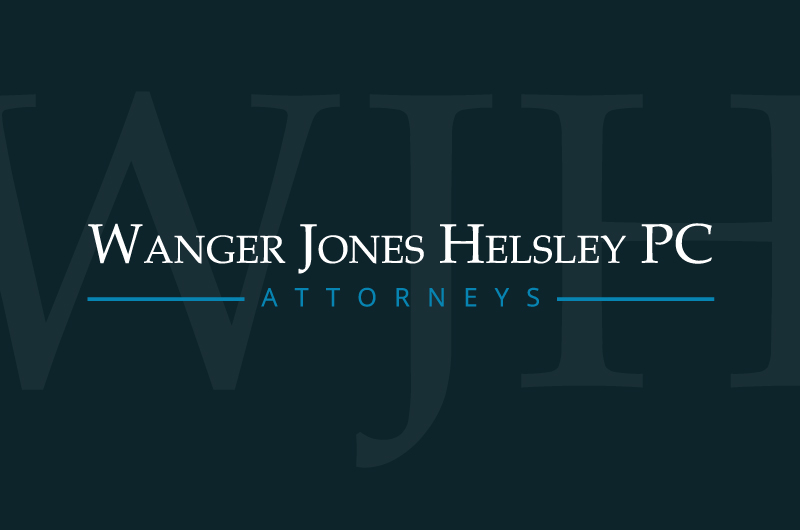By: Steven K. Vote
Turner v. Seterus, Inc.(2018) 2018 Cal.App. LEXIS 850
Plaintiffs asserting a claim for wrongful foreclosure must contend with the so-called “tender rule,” which generally requires that the plaintiff debtor allege tender of the full outstanding amount of the loan unless otherwise excused. In fact, this requirement applies to maintenance of any claim related to a wrongful foreclosure. Recently, the California Court of Appeal clarified the requirements of the tender rule and eased the burden on borrowers.
Specifically, the Court of Appeal noted key differences between “redemption” and “reinstatement” by a borrower. Reinstatement refers to the tender by a borrower of the amount required to cure a default, which reinstates the obligation as though there was no default. Redemption refers to the tender by a borrower of the entire outstanding amount to the beneficiary, which pays the loan in full and requires a release of the deed of trust or mortgage.
With respect to the latter situation, the California Legislature has established a framework regulating the power of sale contained in a deed of trust detailed in Civil Code 2924c. The borrower must tender the entire amount due, including principal, interest, taxes, insurance premiums, and other reasonable costs incurred as a result of the default. The debtor must tender the amount necessary to cure the default at least five (5) business days prior to the date of the foreclosure sale. Redemption, by contrast, may occur any time prior to entry of the decree of foreclosure. Once an effective tender is made, the default proceedings must be ceased and the loan obligation reinstated by the lender.
In Turner v. Seterus, Inc.(2008) 2018 Cal.App. LEXIS 850, the plaintiff borrowers alleged that the defendant lender failed to accept their tender of the amount necessary to cure the default on the underlying loan, which resulted in the wrongful foreclosure of their real property. The defendant argued that plaintiffs could not proceed with a wrongful foreclosure claim because the tender of reinstatement was not actually made five (5) business days prior to the foreclosure sale. In order to proceed, the lender argued, the debtors would have to allege a tender of the full outstanding amount under the loan.
The Court of Appeal disagreed, stating that cessation of the pending sale would have been required if the lender’s representative had accepted the tender. The lender could not force the debtors to tender the amount required for redemption, and escape liability for wrongful foreclosure, by rejecting a proper tender of the amount necessary to cure the default. In order to sustain their wrongful foreclosure claim, the plaintiff debtors simply needed to allege that their tender of the amount required for reinstatement was made in a timely manner and the lender had refused the tender.
The Turnercourt also noted that actual submission of the amount required to cure the default is unnecessary. A tender is an offer of performance and the plaintiffs had “effectively” tendered payment when they told defendant’s representative that they would like to pay the amount of the default. The plaintiffs were not required to actually make the payment and defendant could not benefit from the fact that its representative wrongfully informed plaintiffs it would not accept the amount to cure the default. Accordingly, the plaintiff debtors could proceed with their wrongful foreclosure cause of action against the lender.
In short, plaintiff debtors may proceed with wrongful foreclosure claims simply by alleging an offer of the amount necessary to cure a default was made and rejected by the lender. It is not necessary that the tender have actually been made or that the plaintiff allege a tender of the full outstanding amount after the tender offer was rejected.
Steven K. Vote is an attorney with Wanger Jones Helsley PC and practices in Fresno. He regularly represents lenders in real estate and secured transaction matters. This article is intended to notify our clients and friends of changes and updates to the law and provide general information. It is not intended, nor should it be used, as legal advice, and it does not create an attorney-client relationship between the author and the reader.



